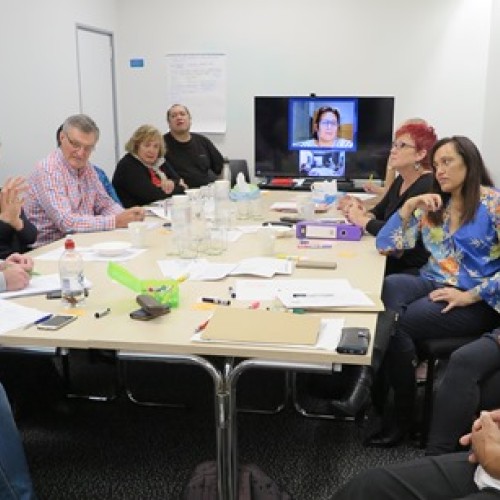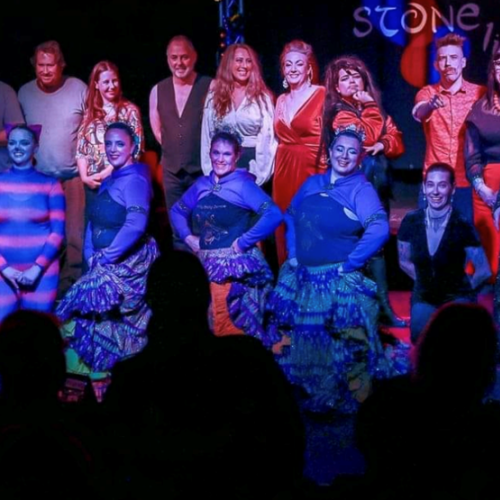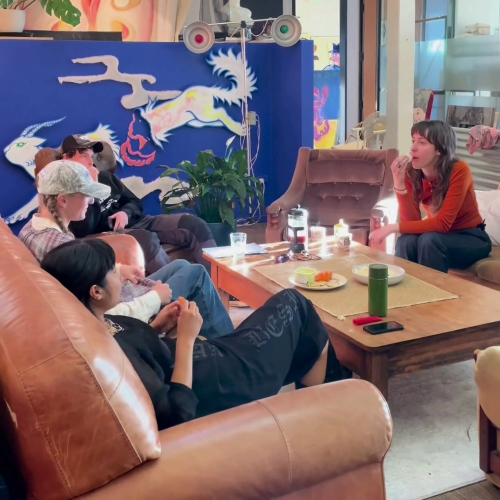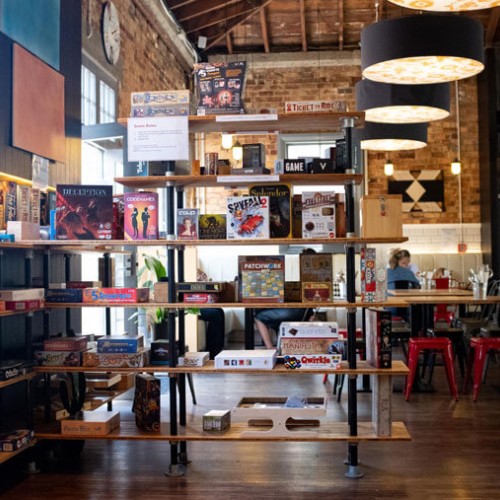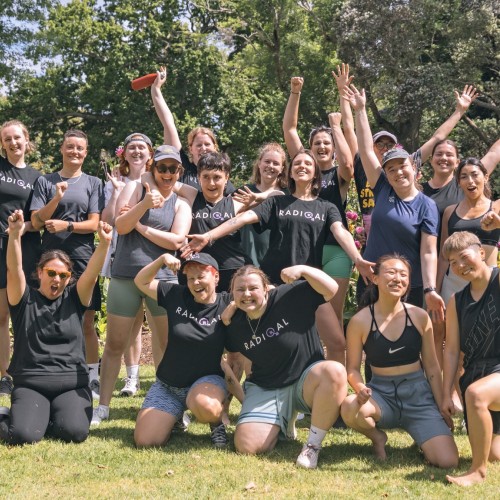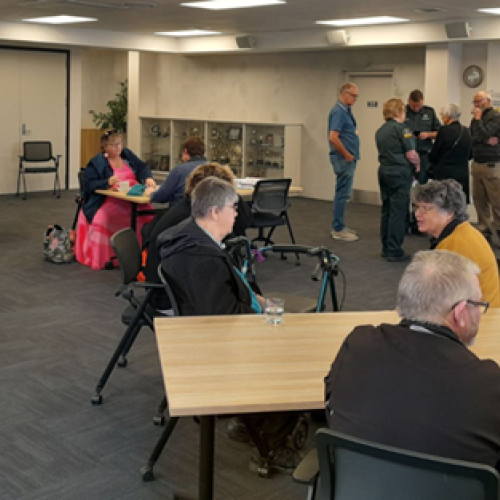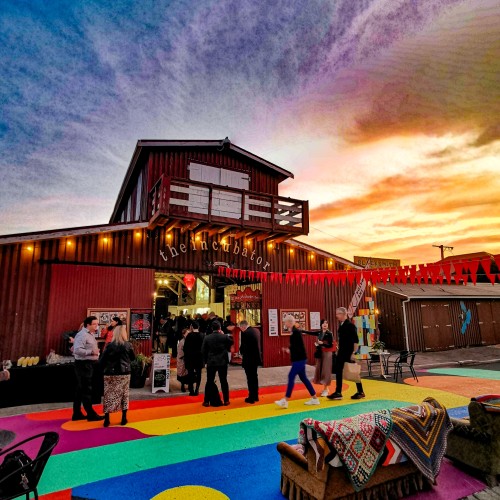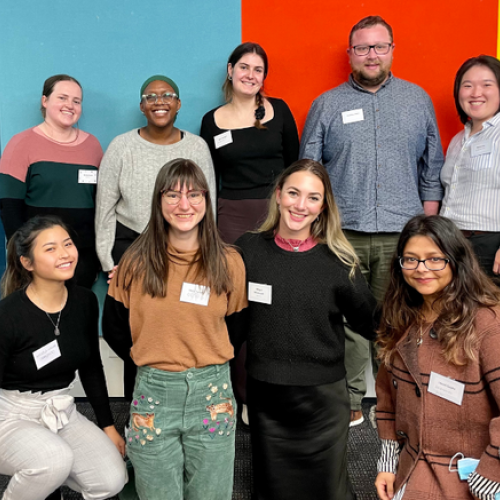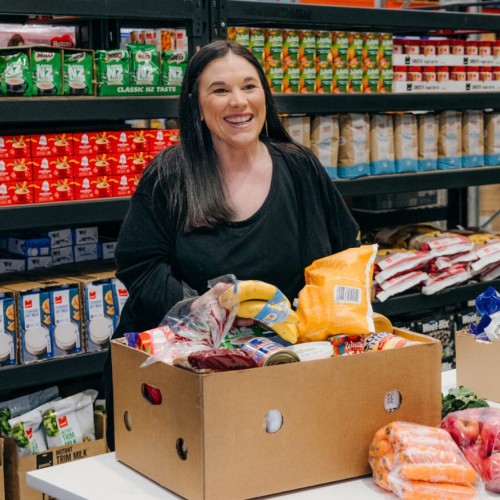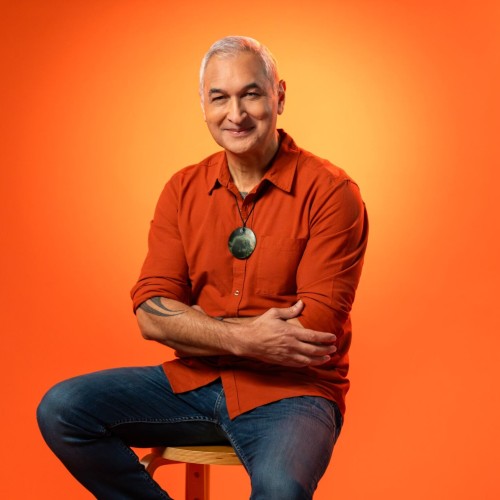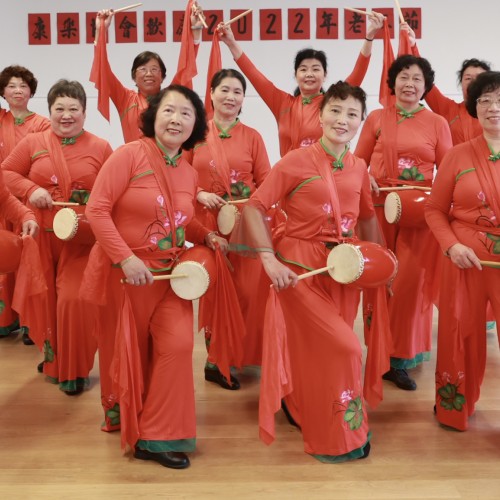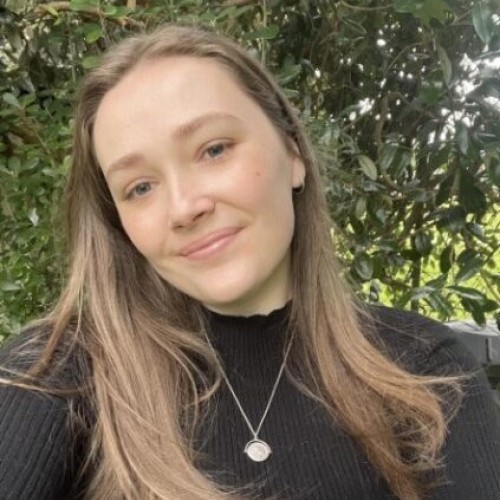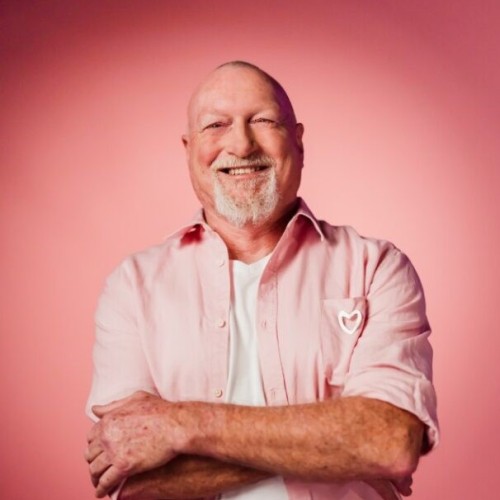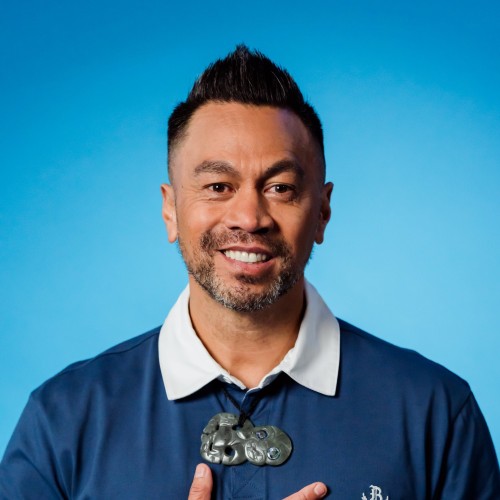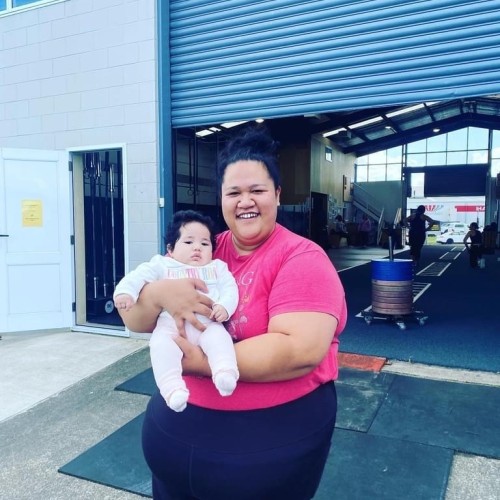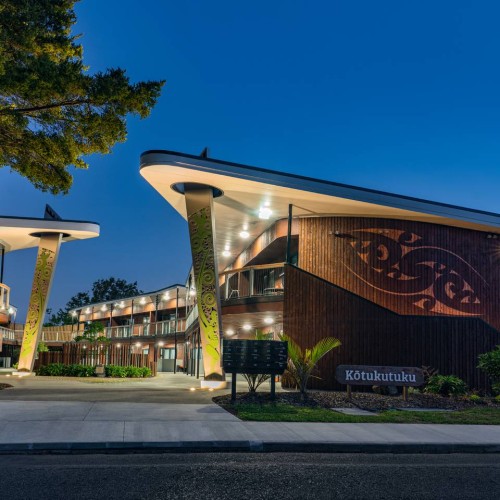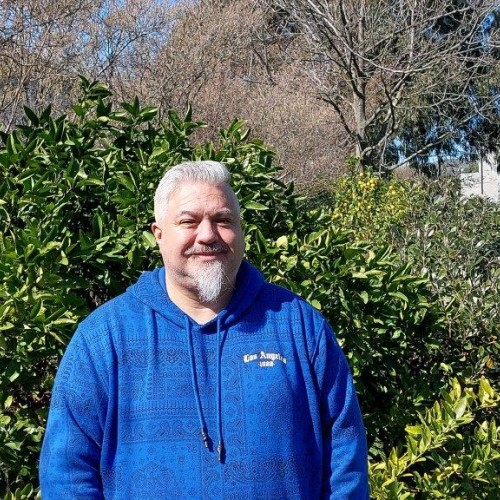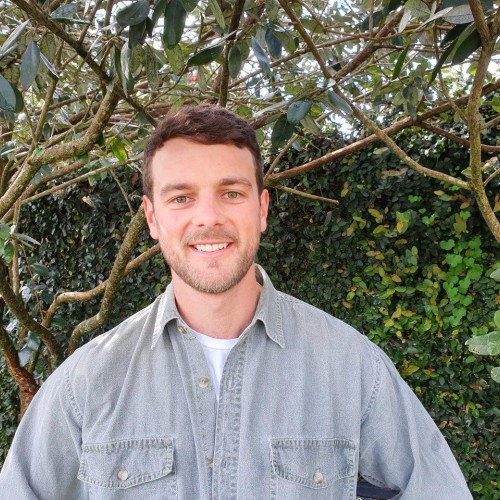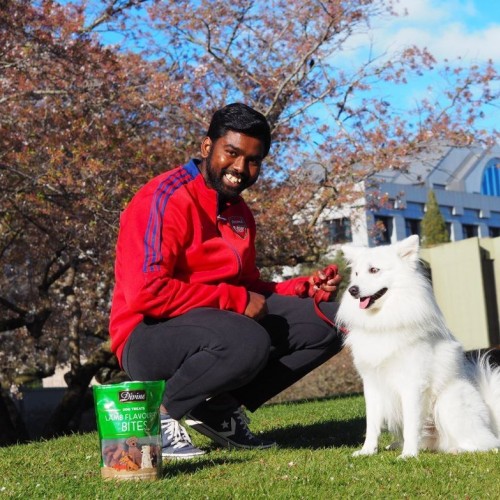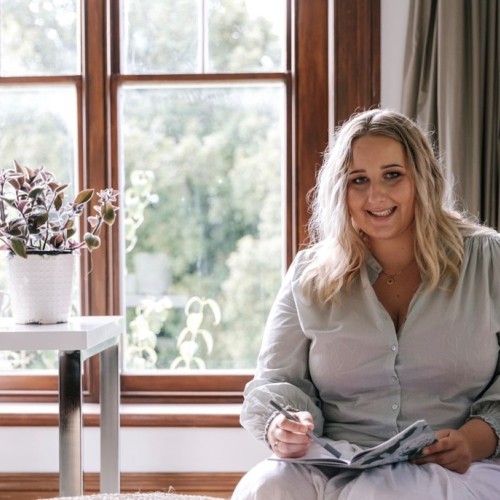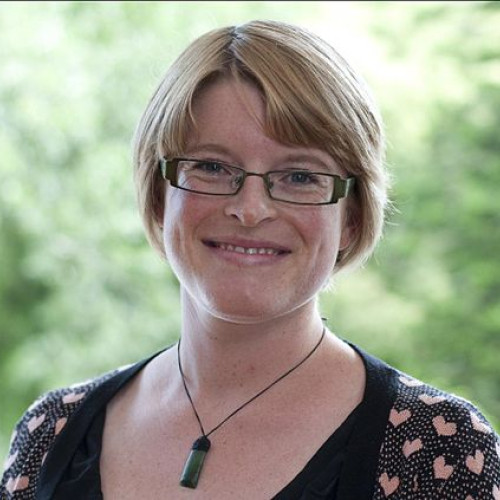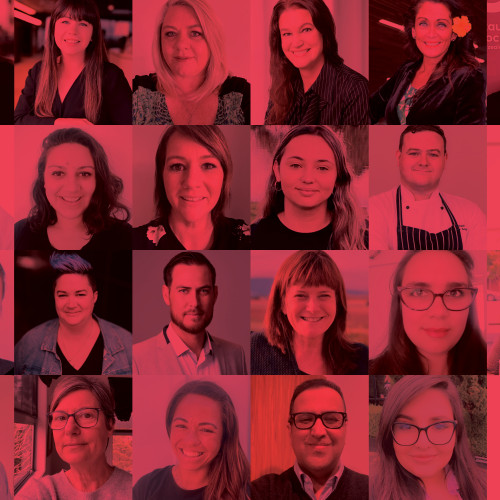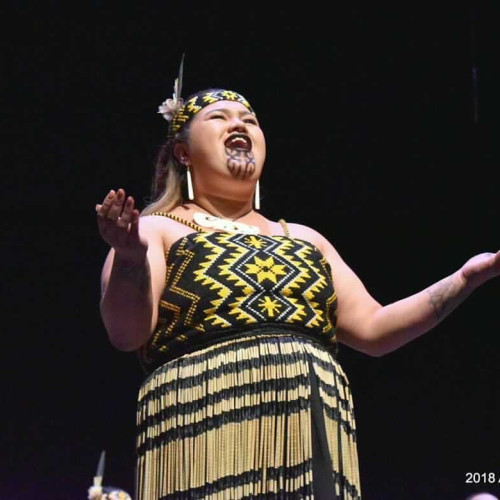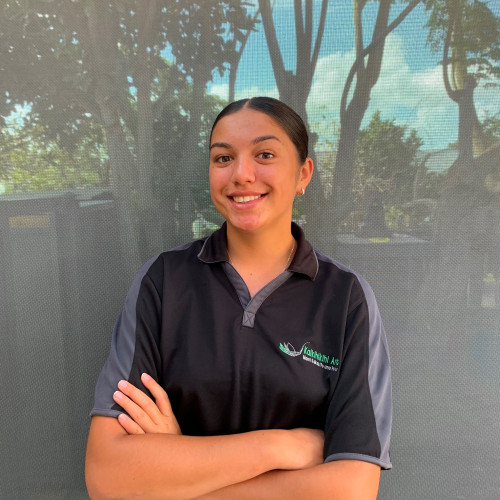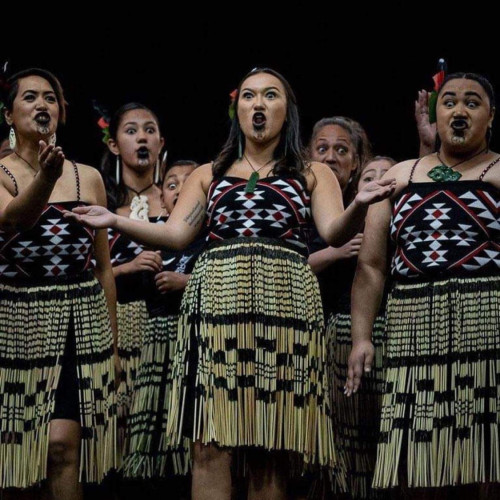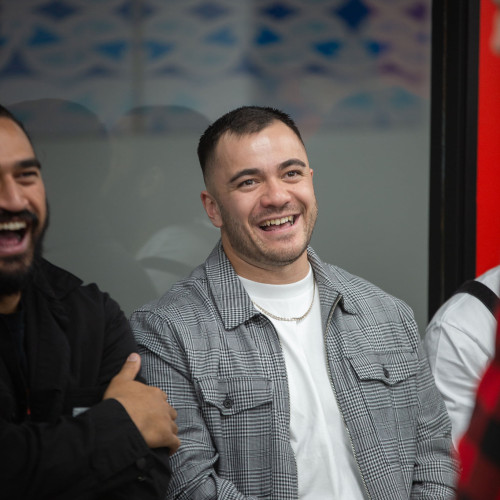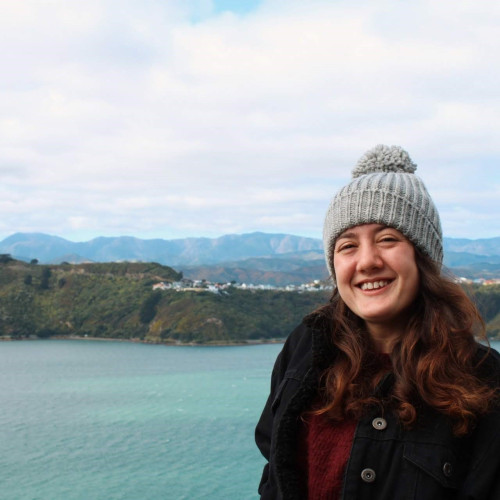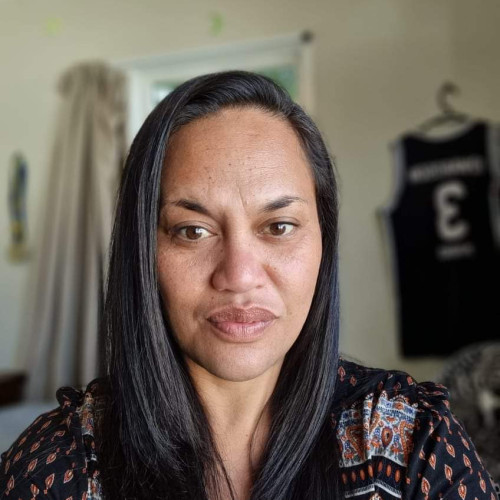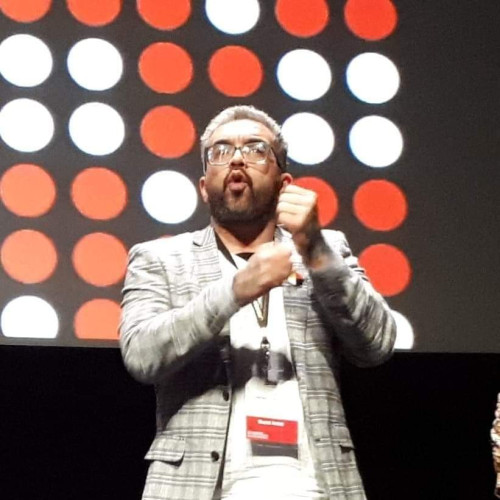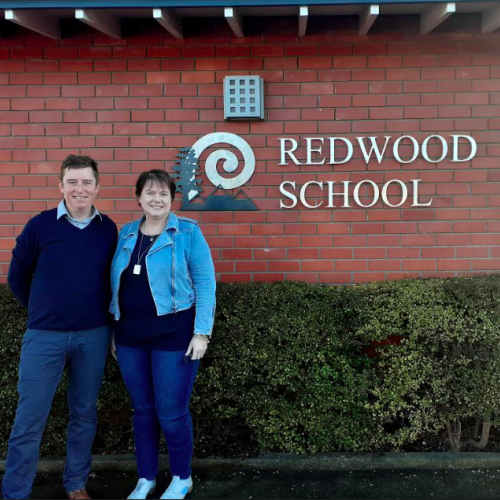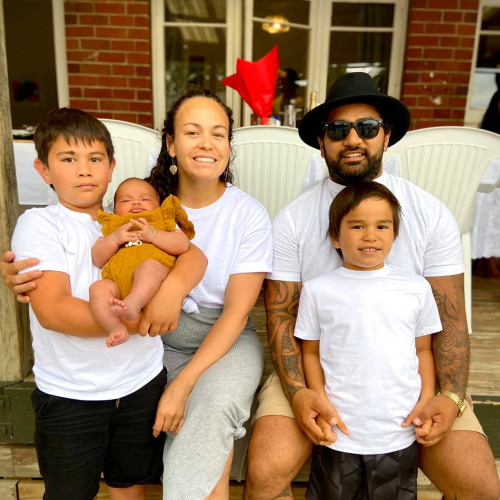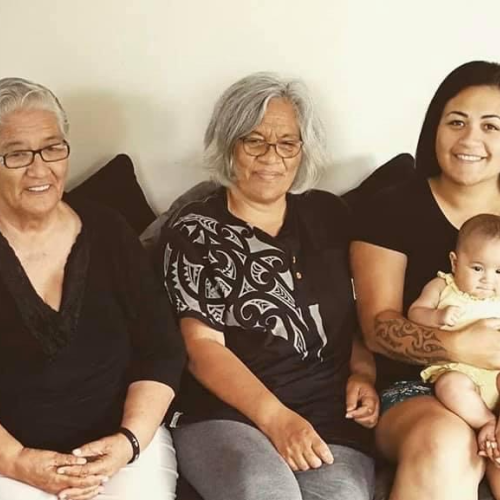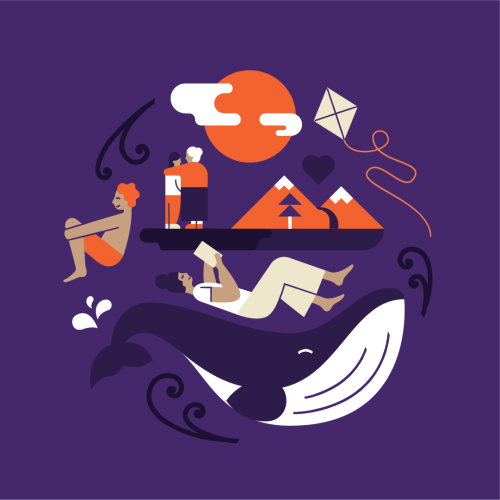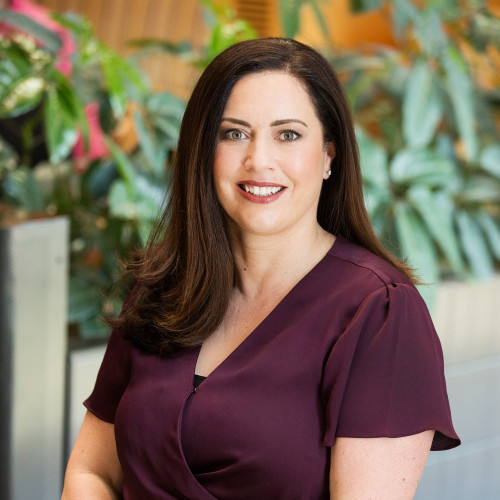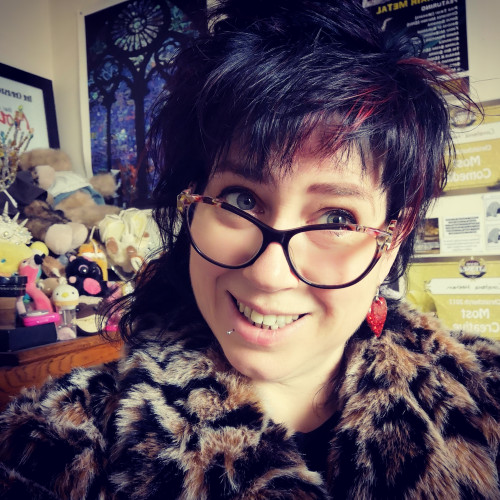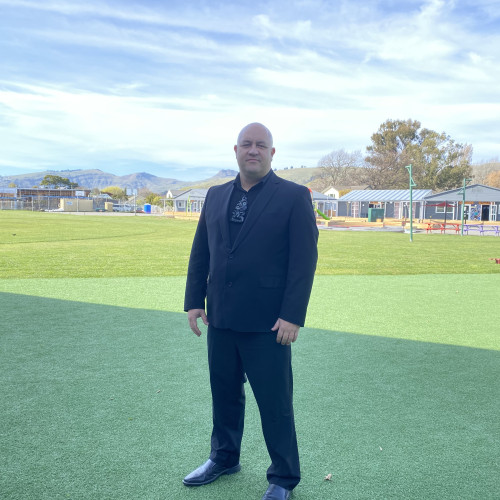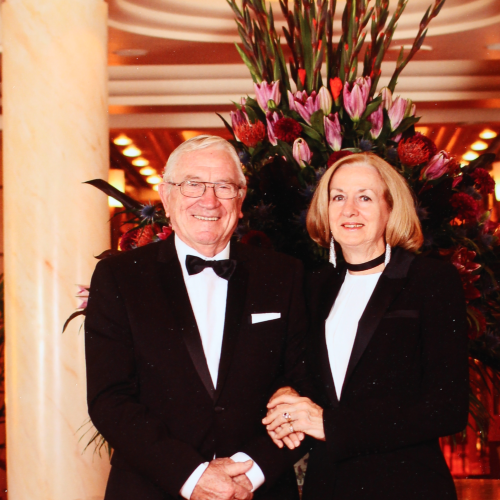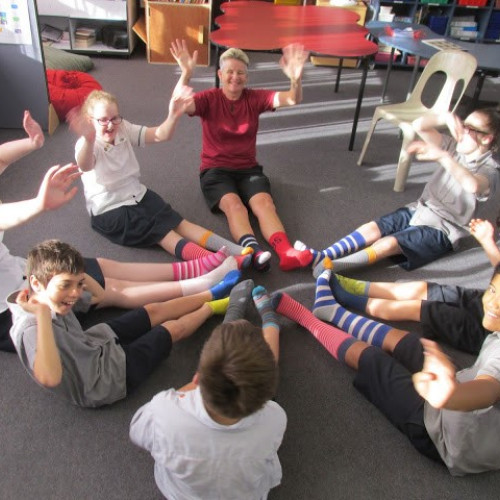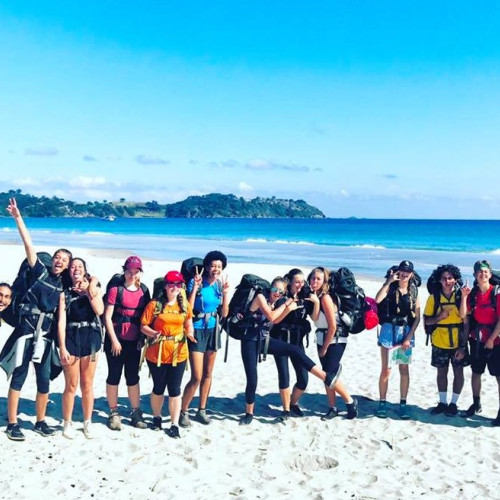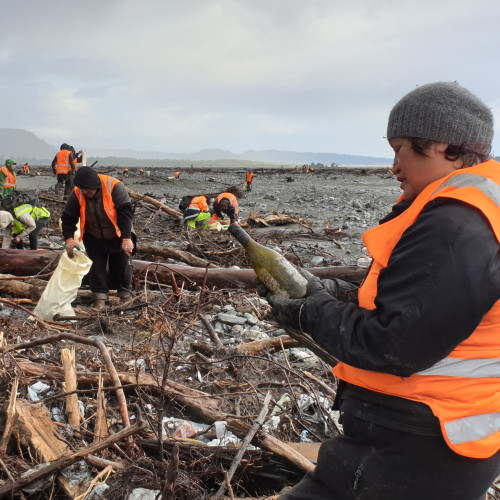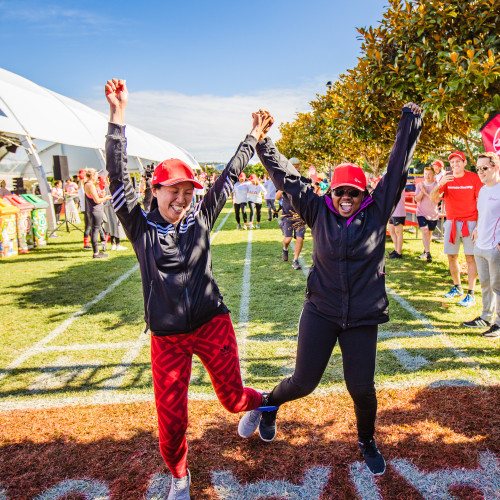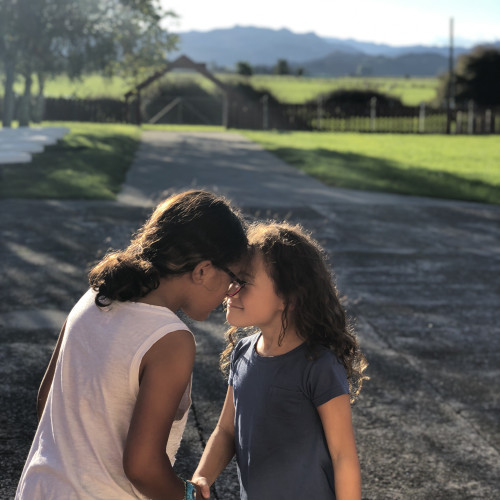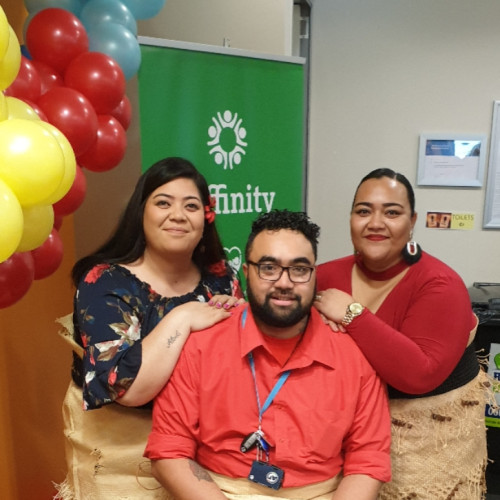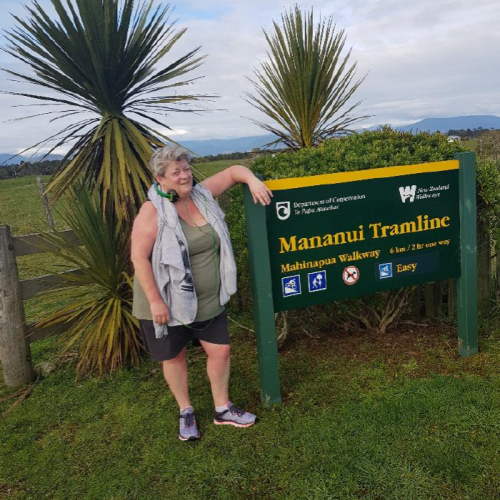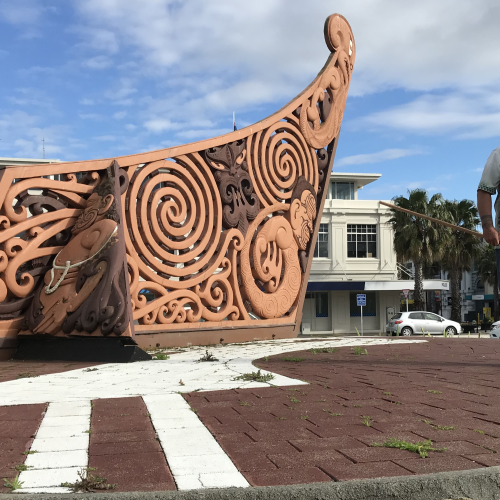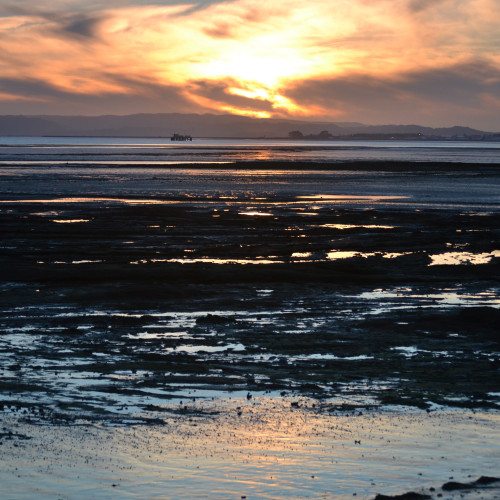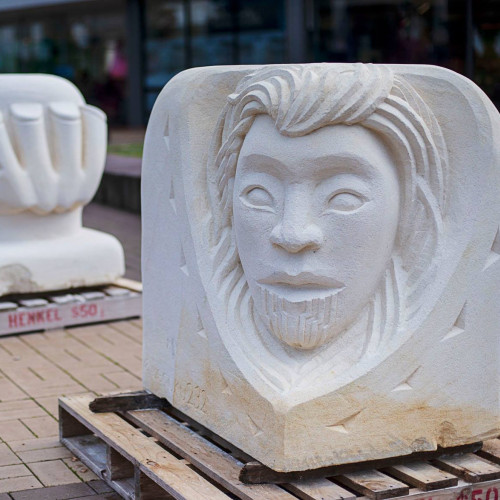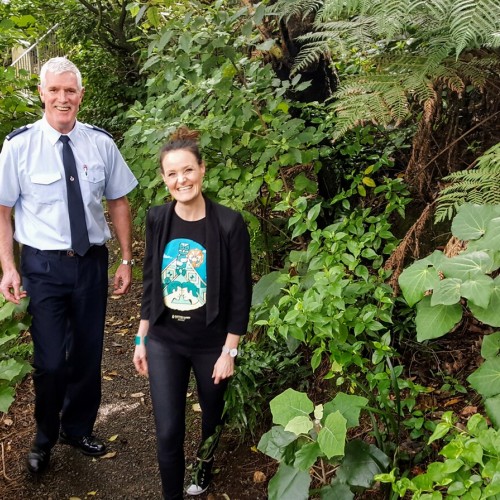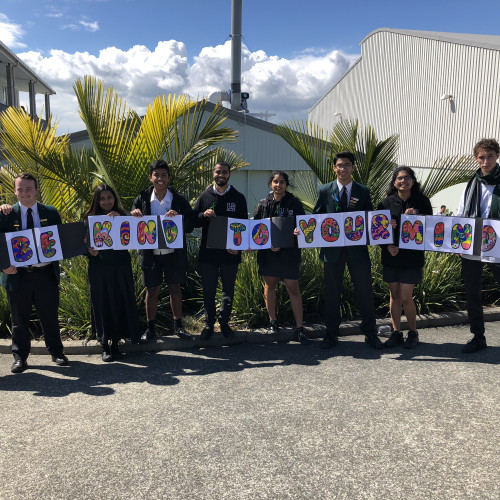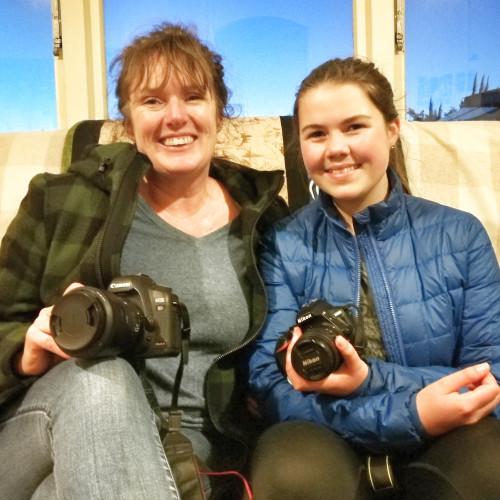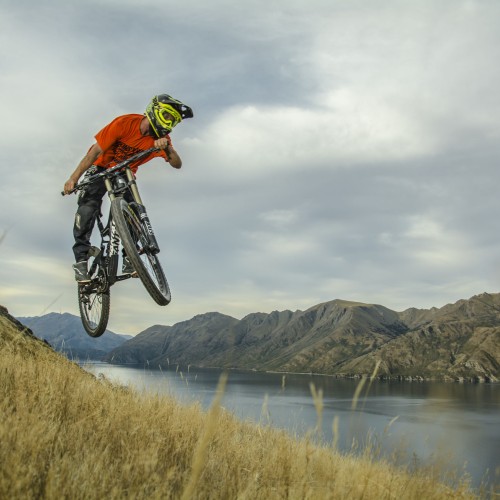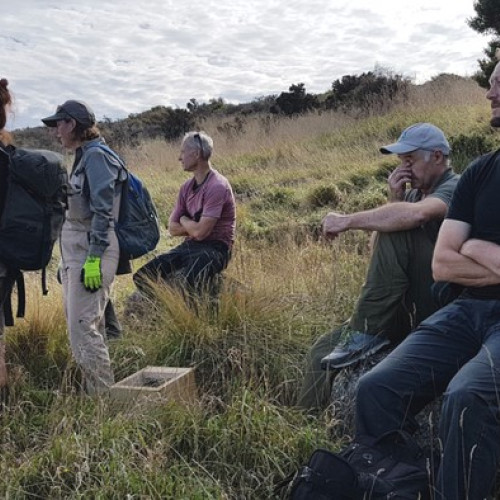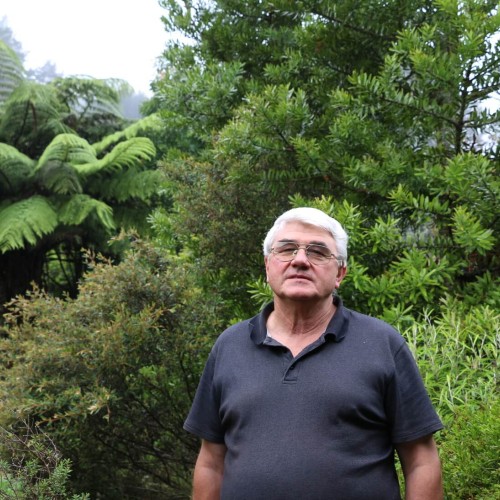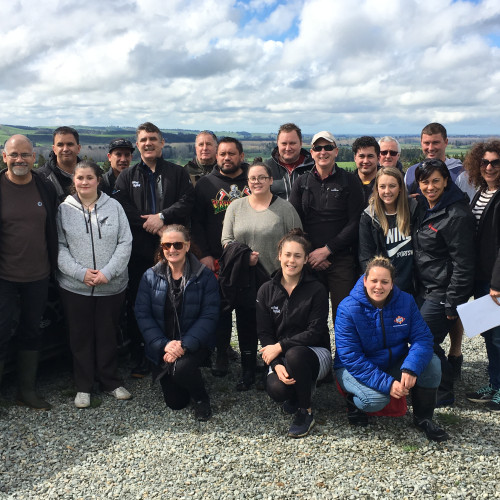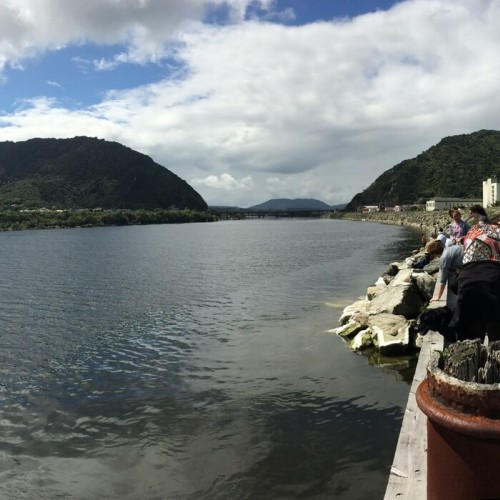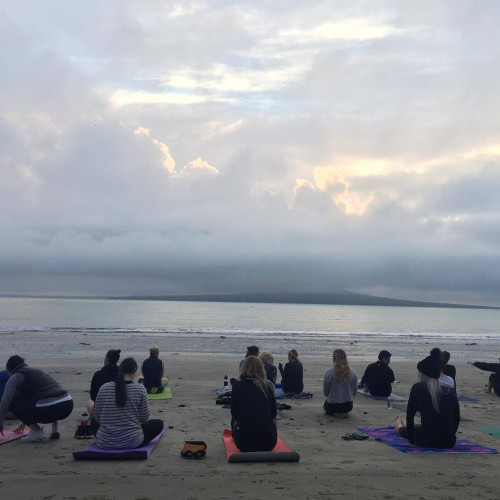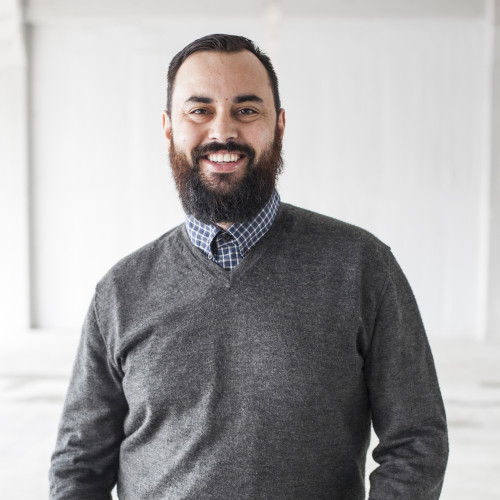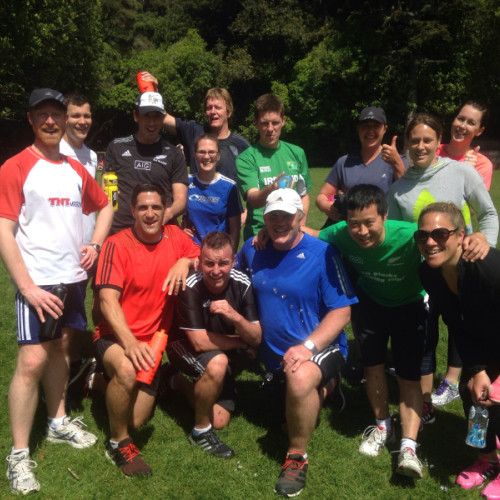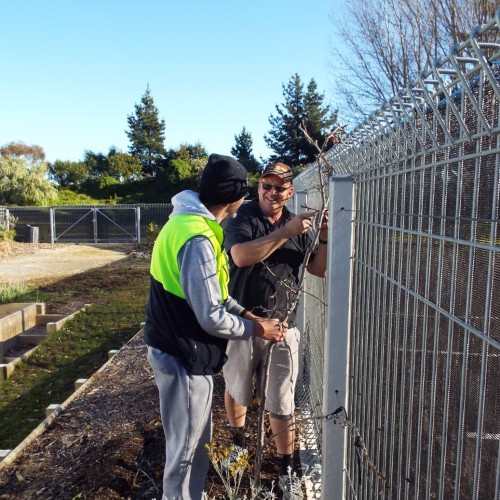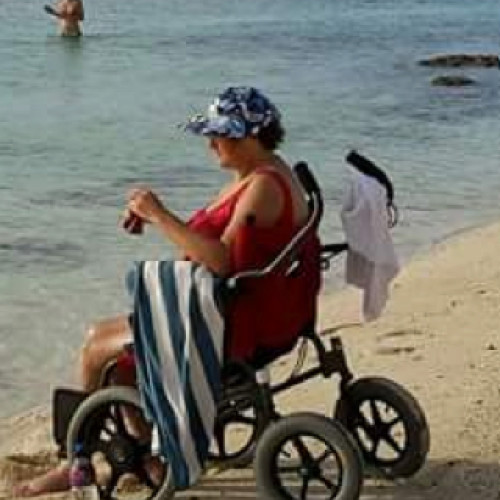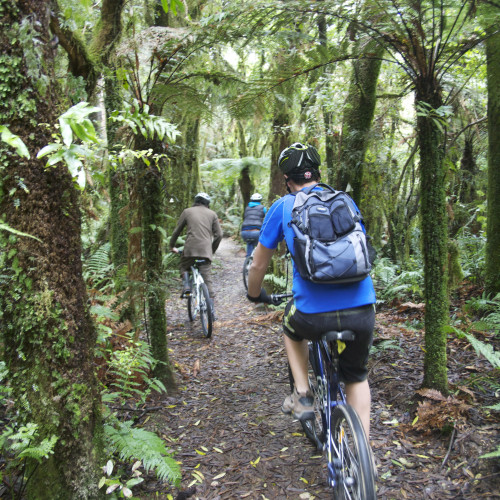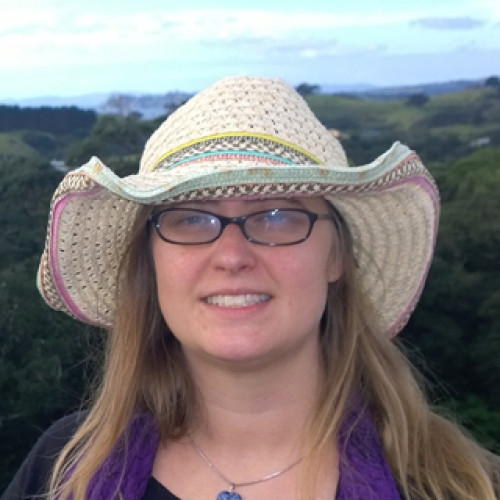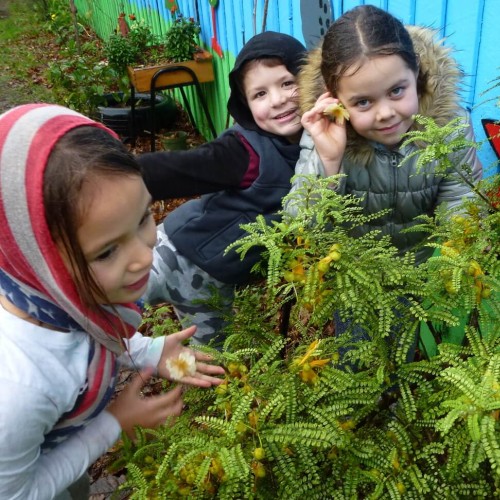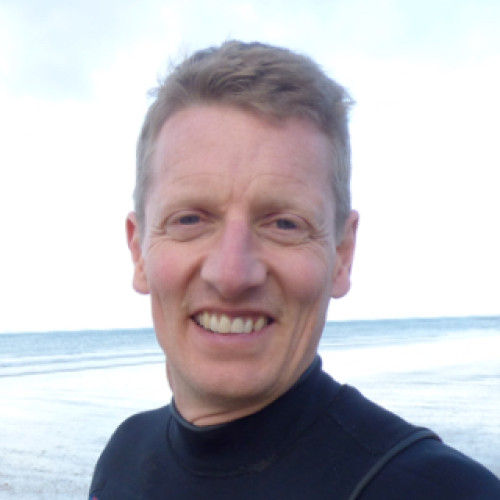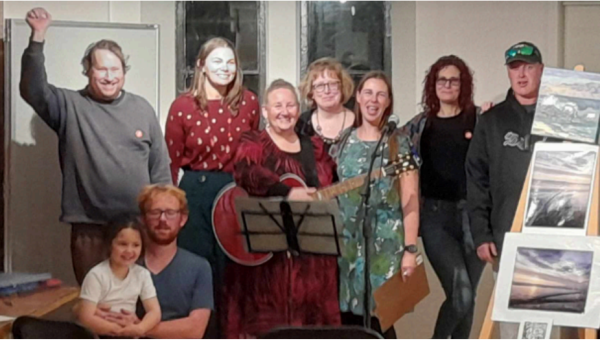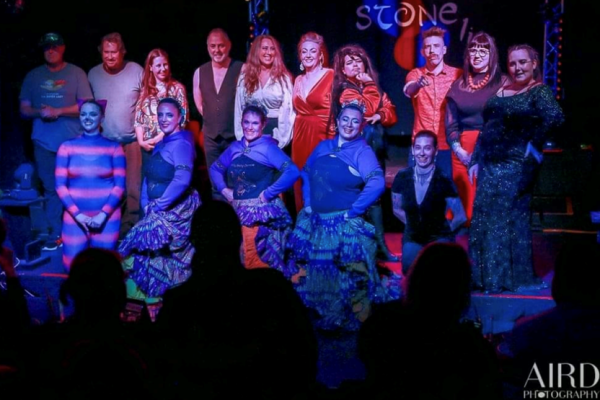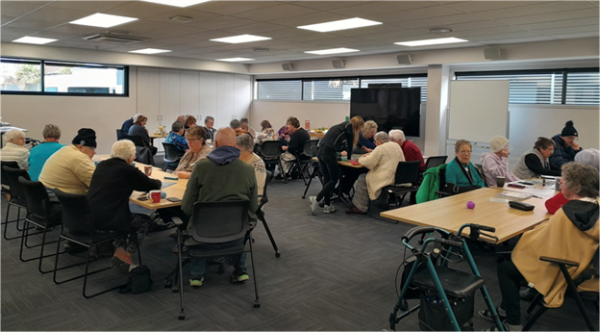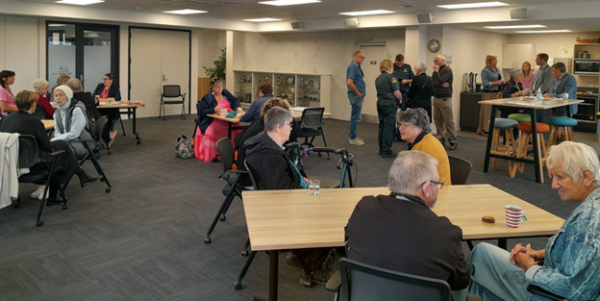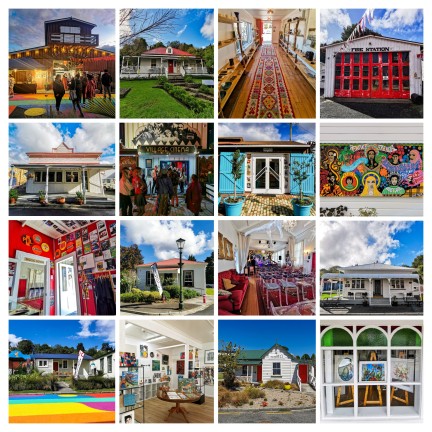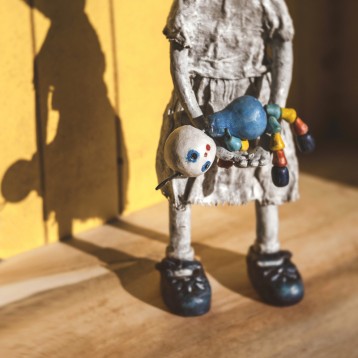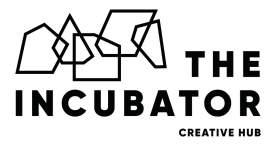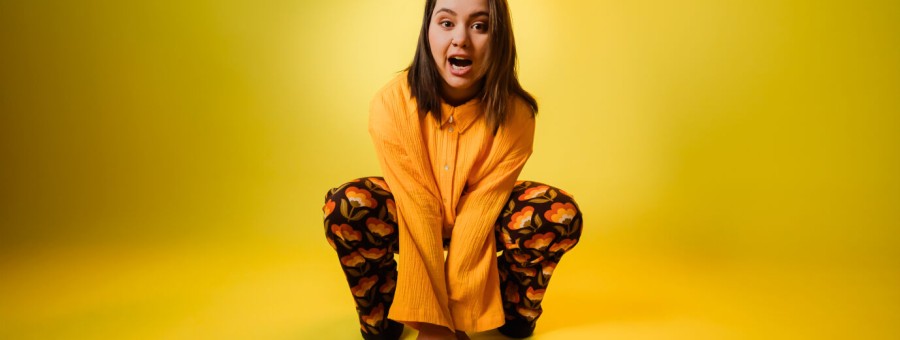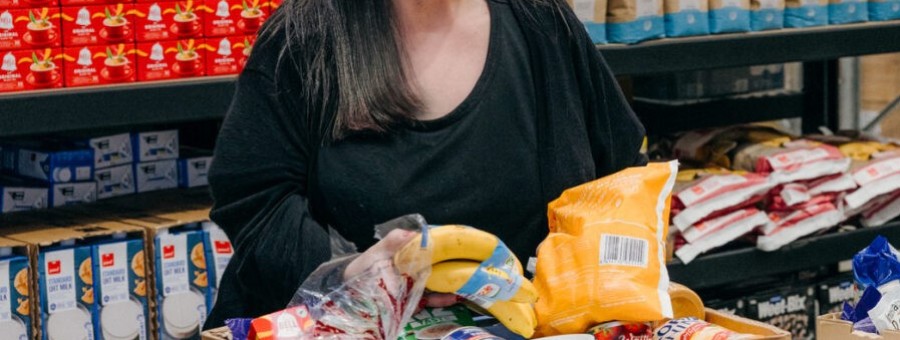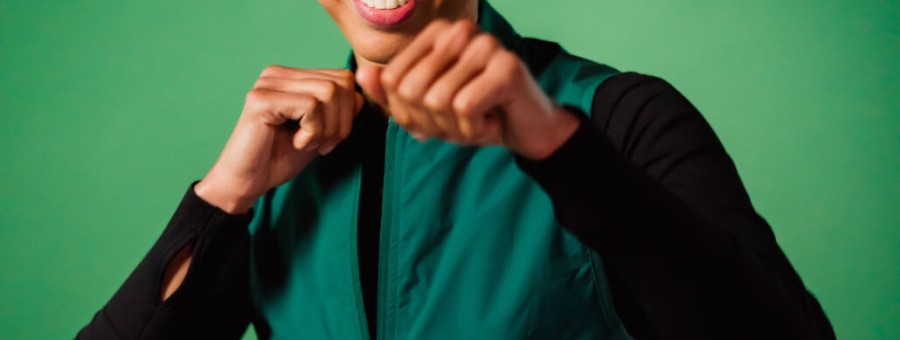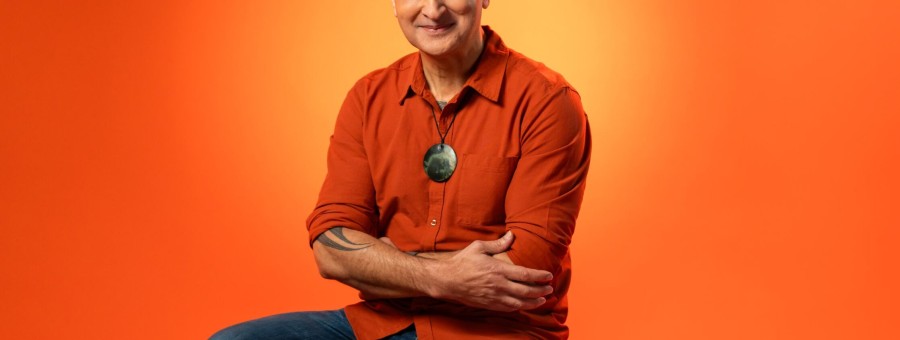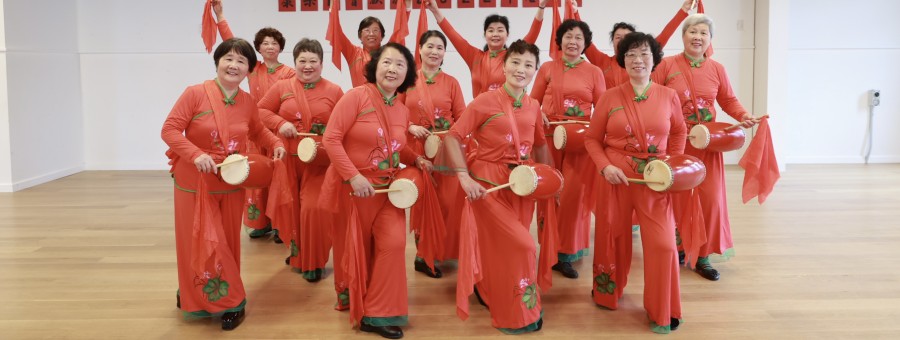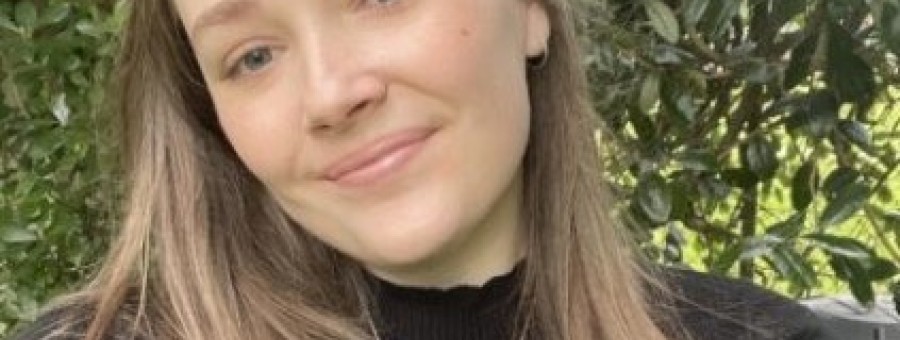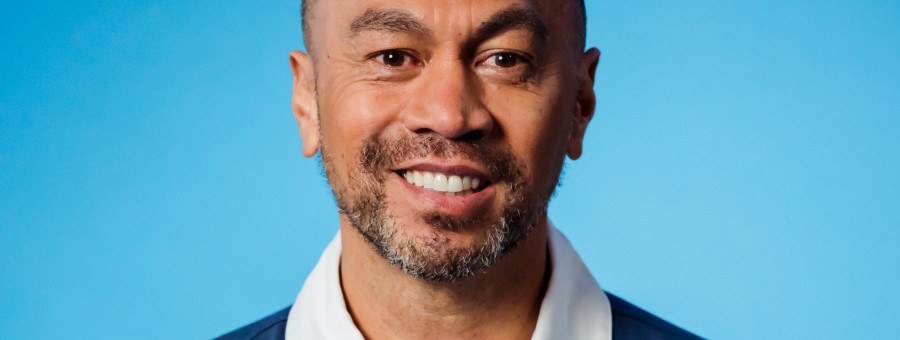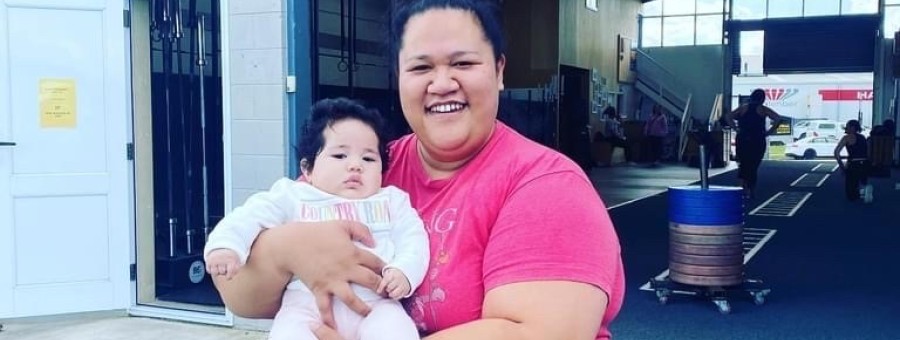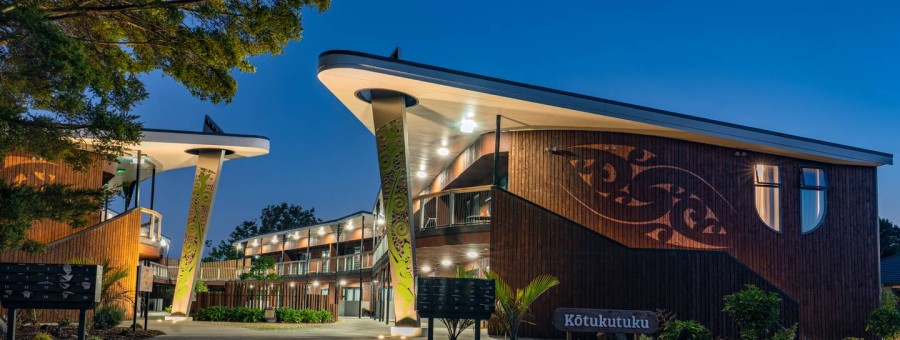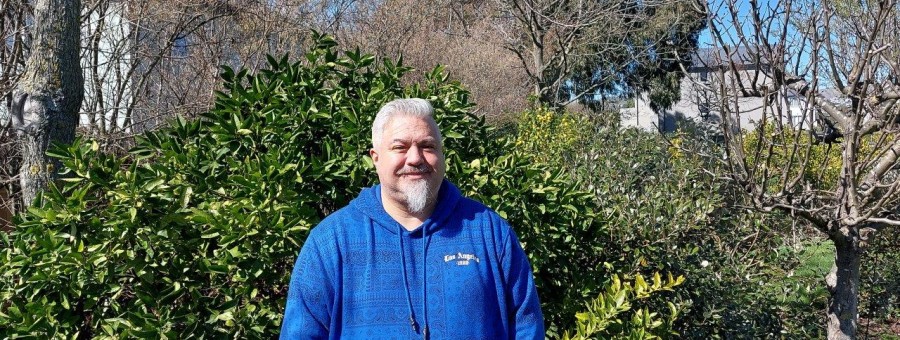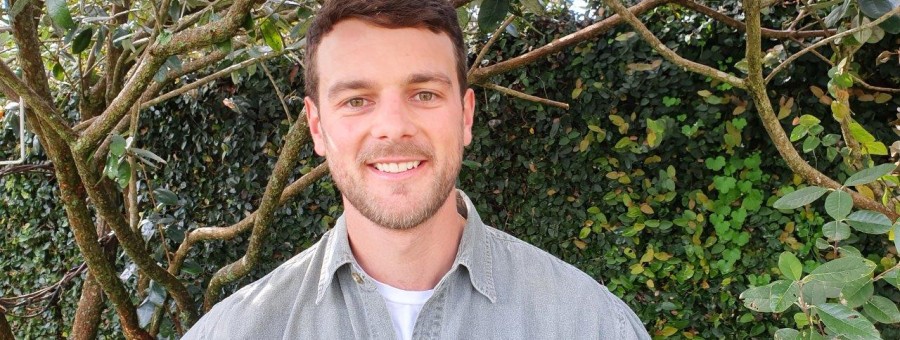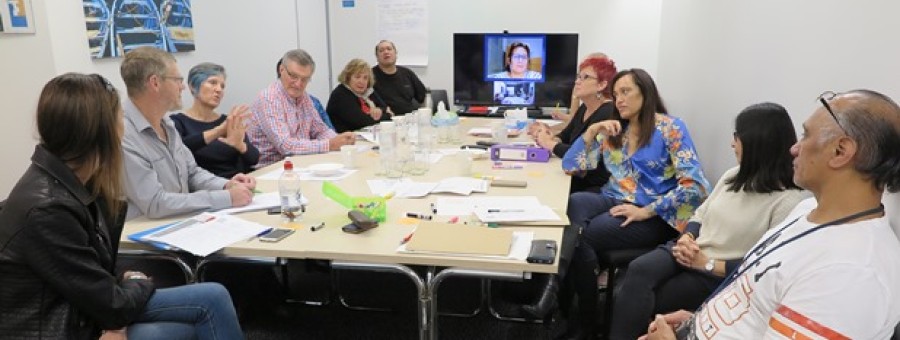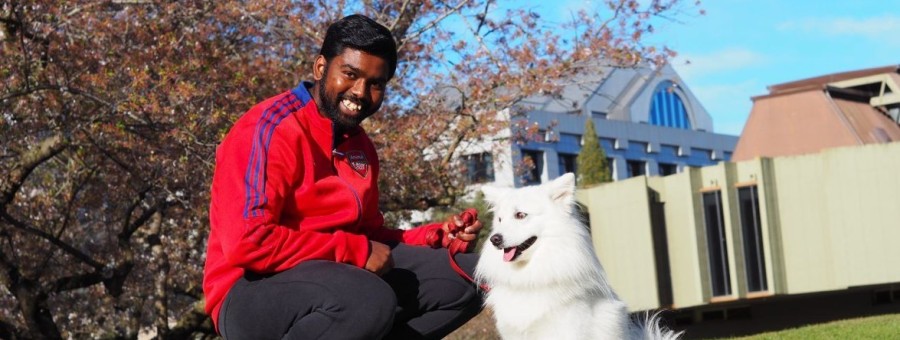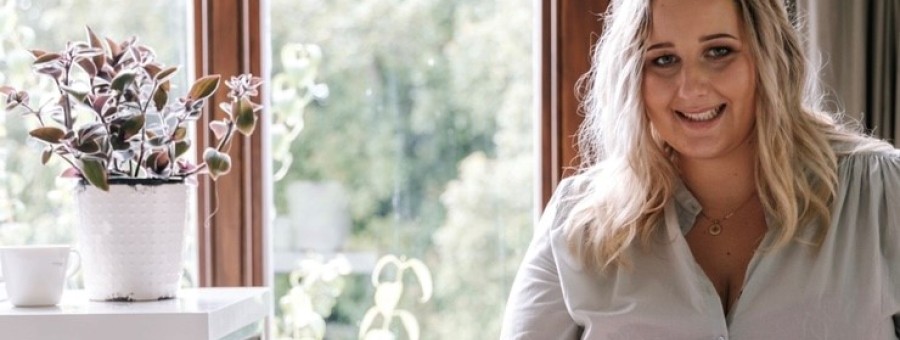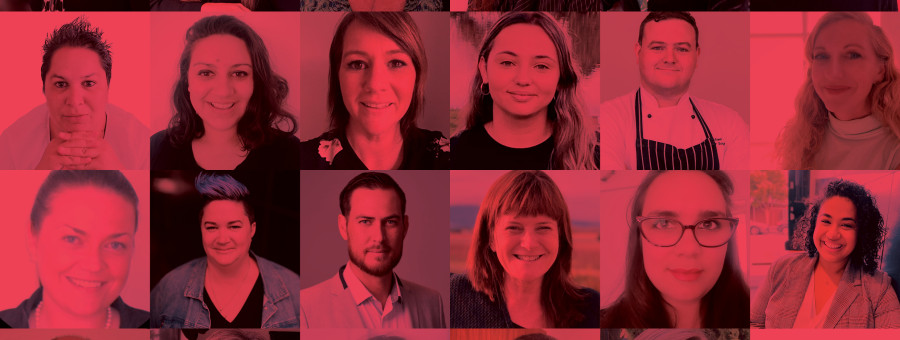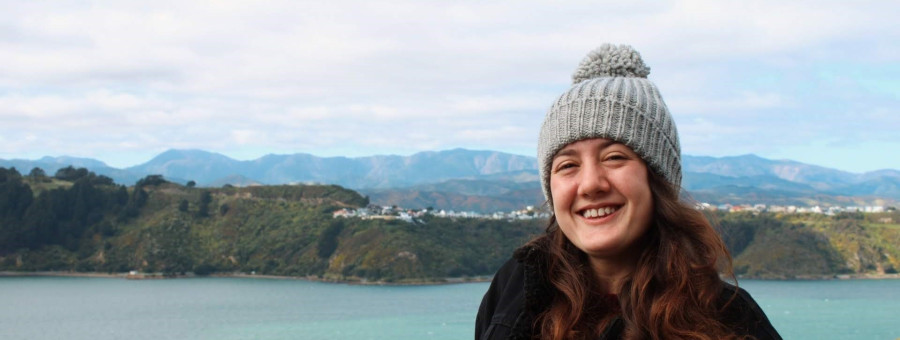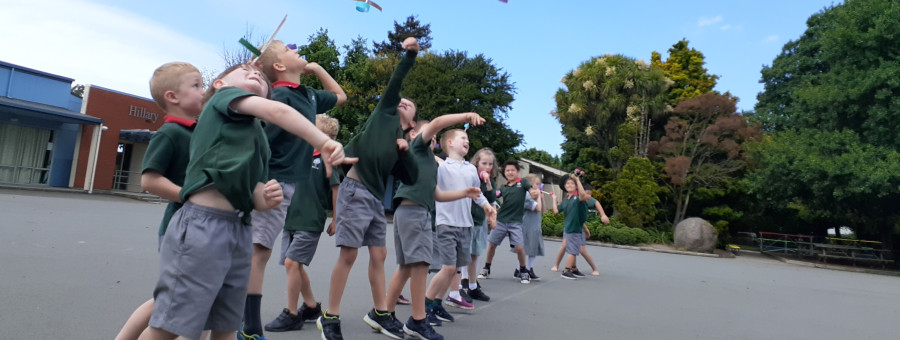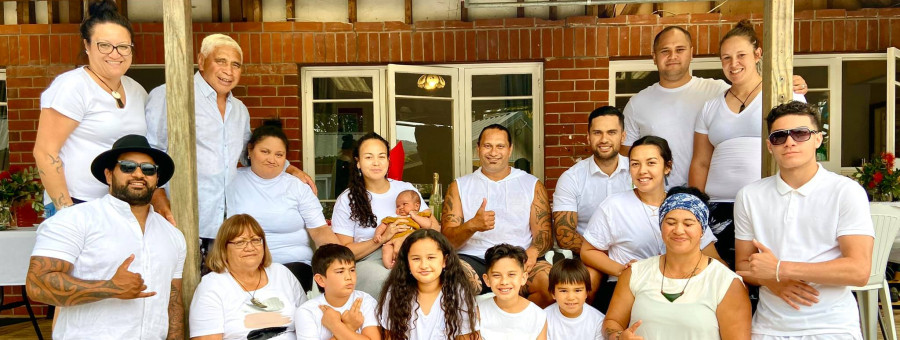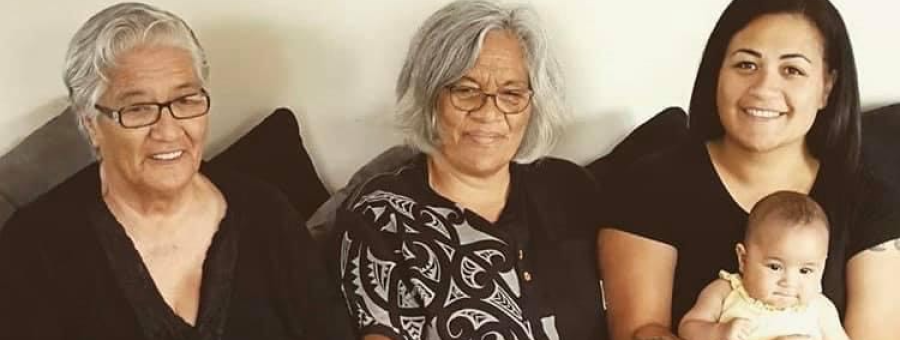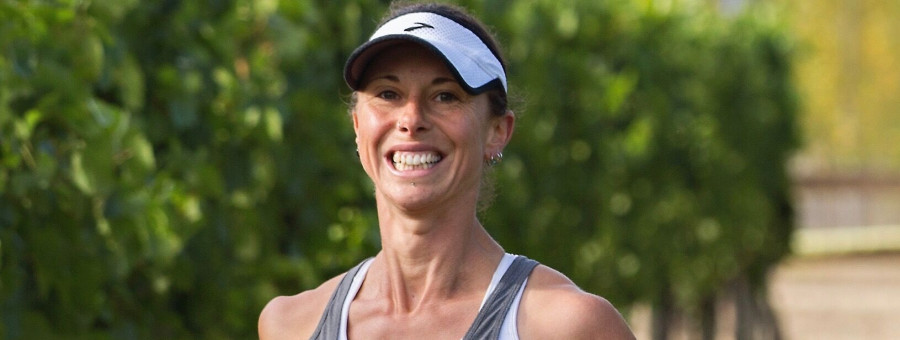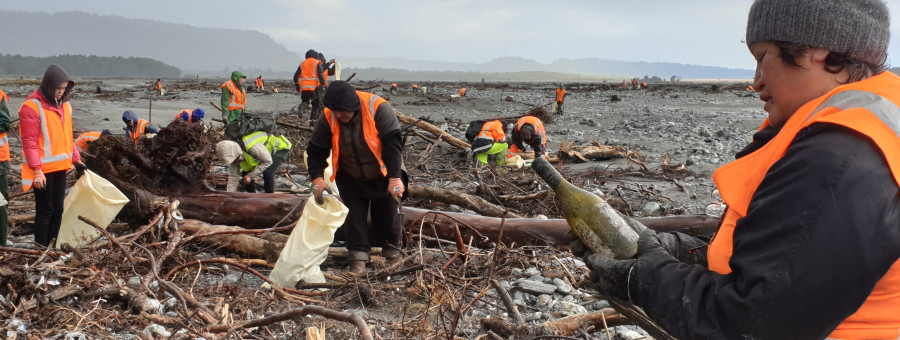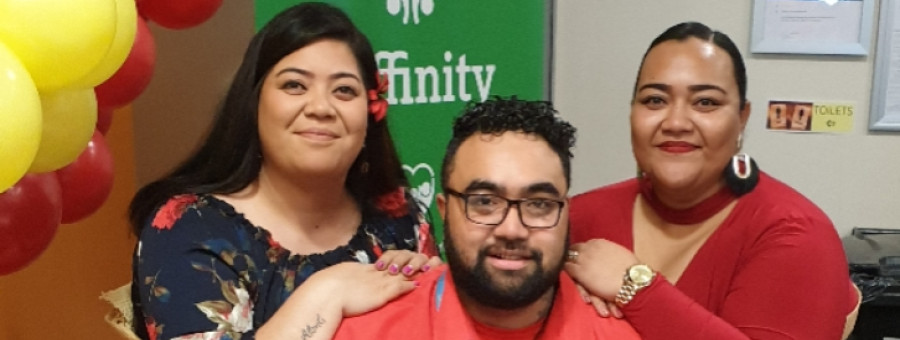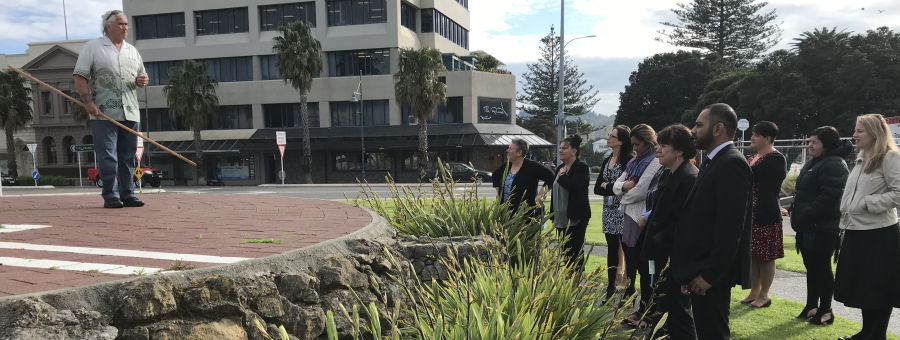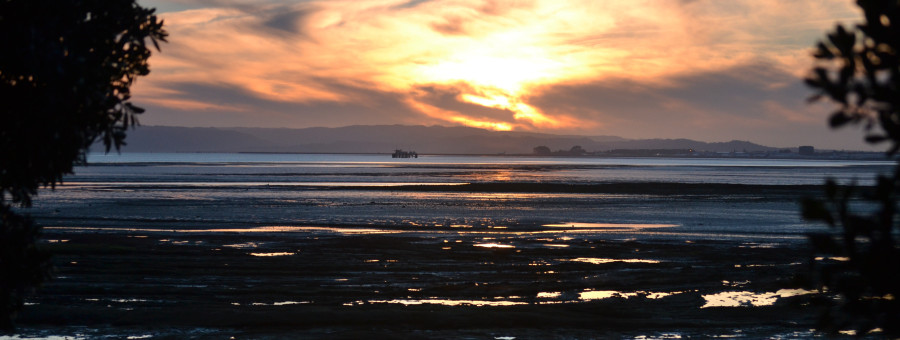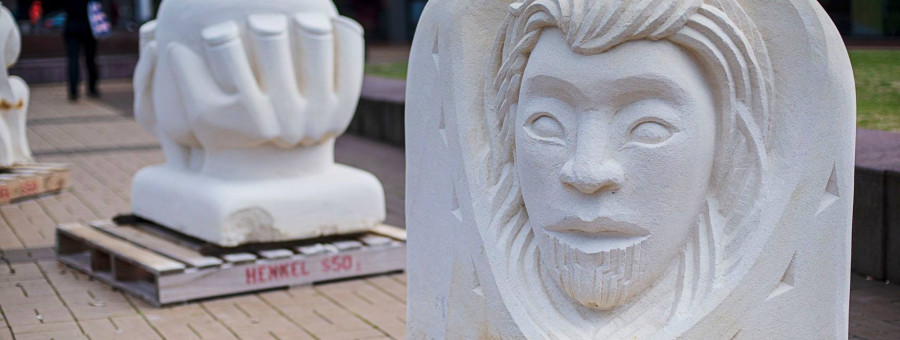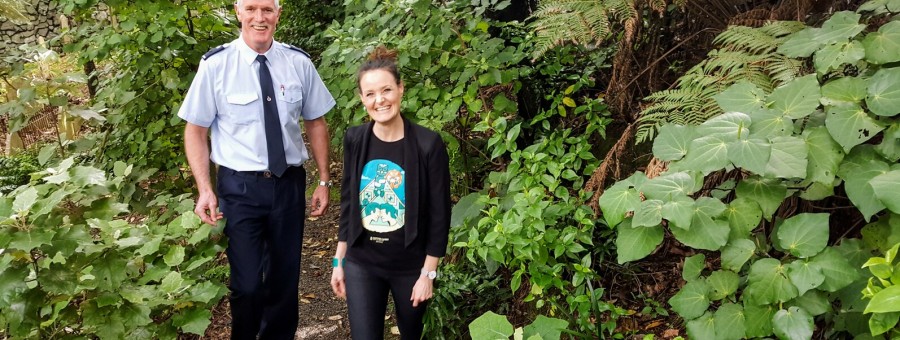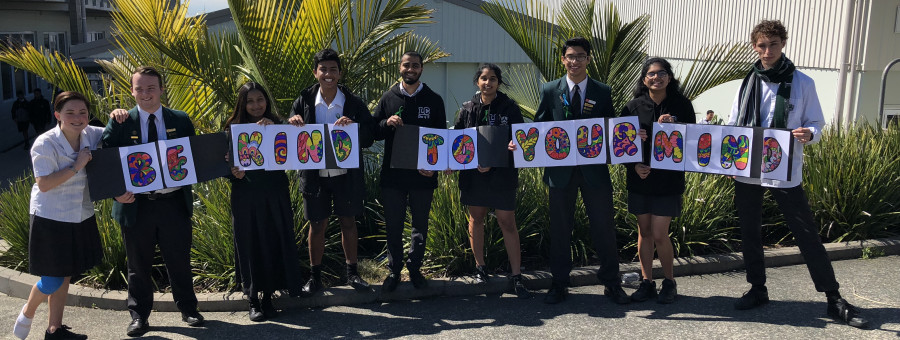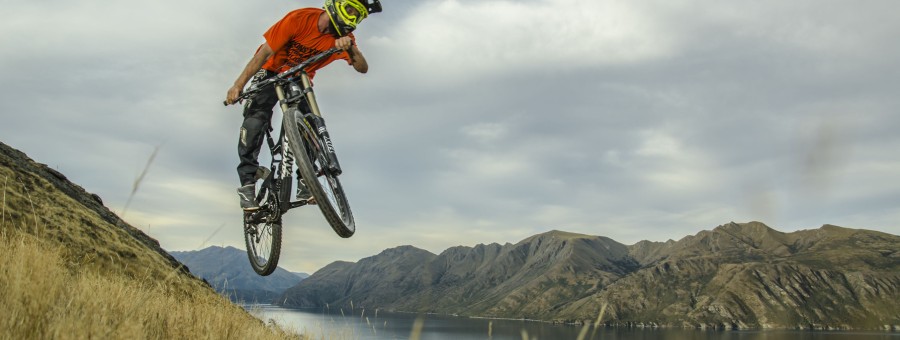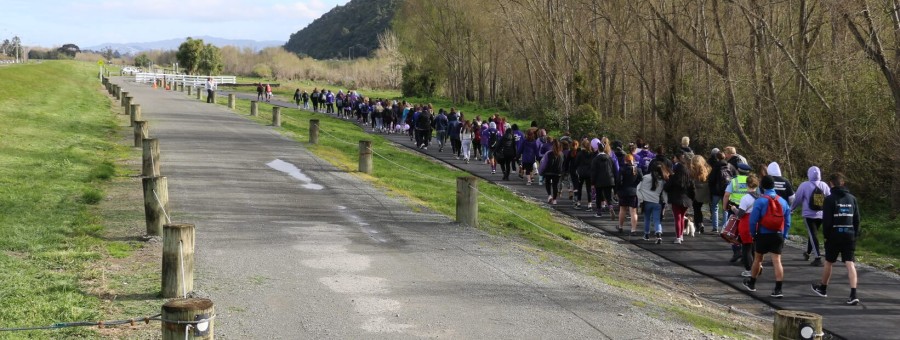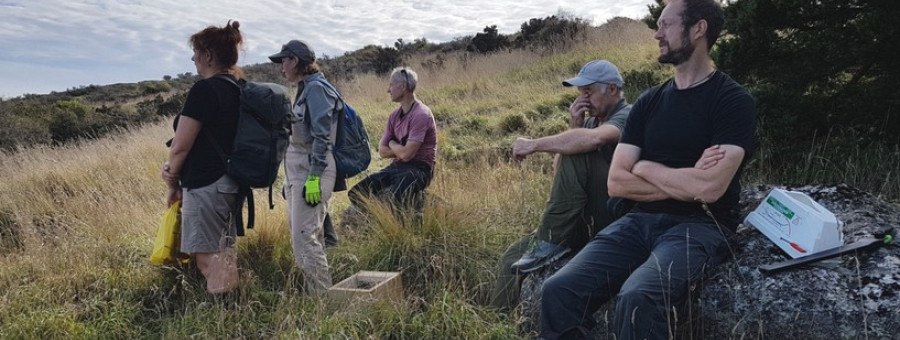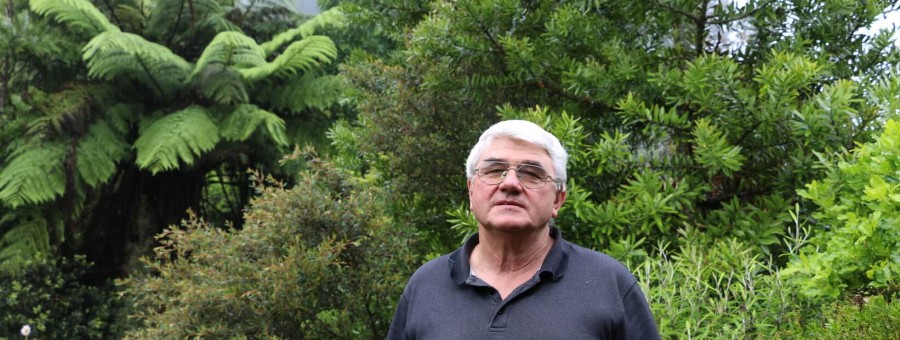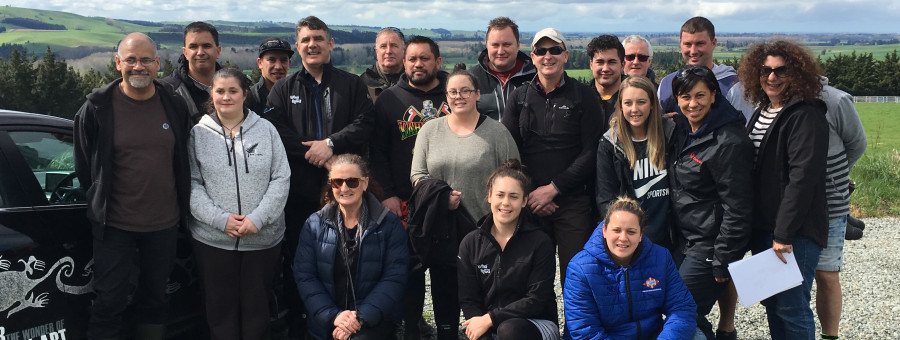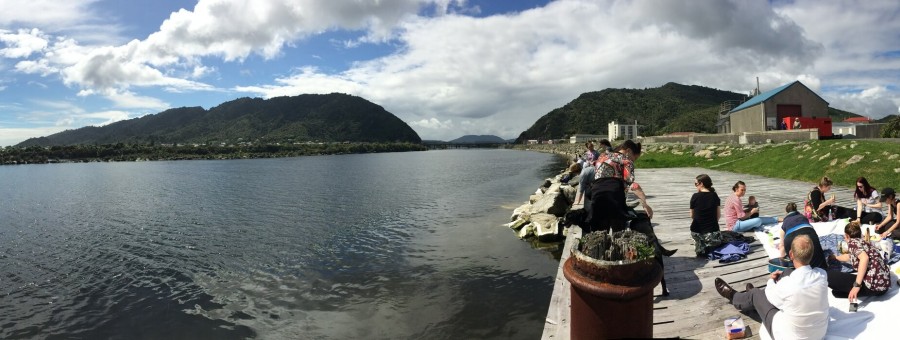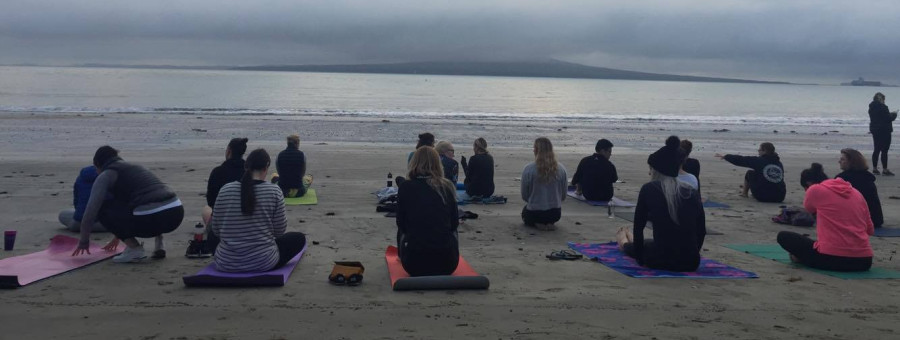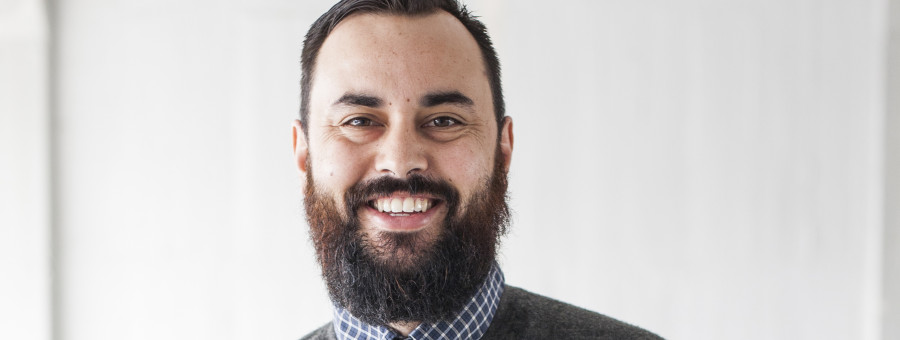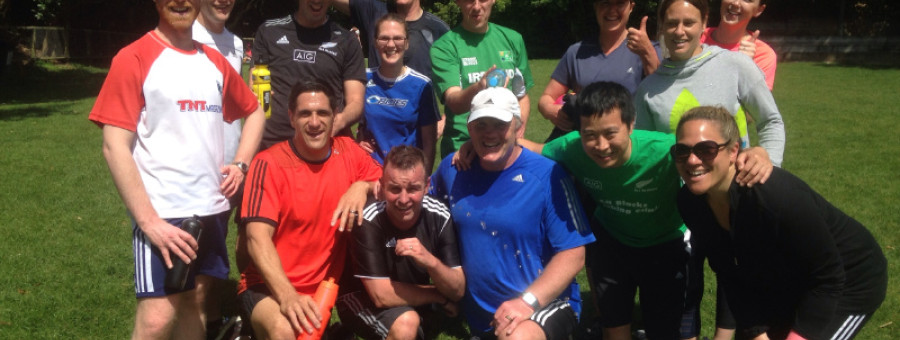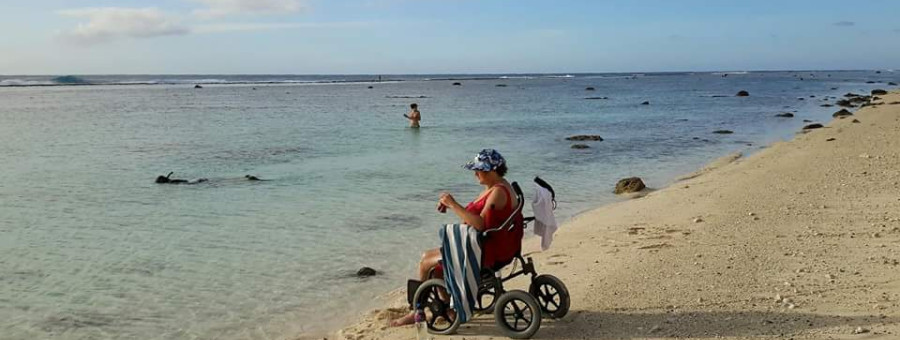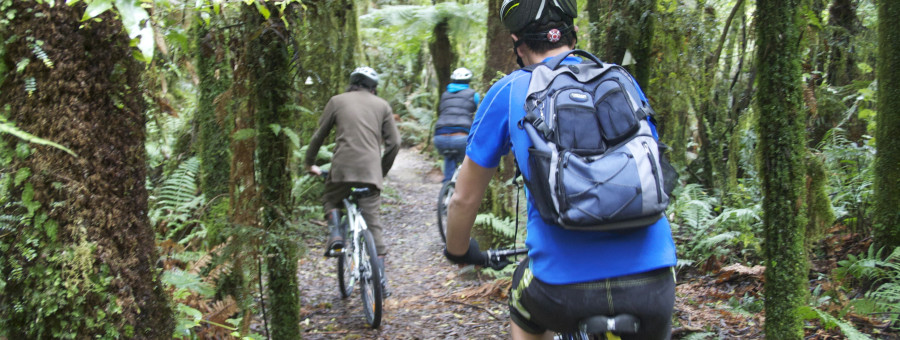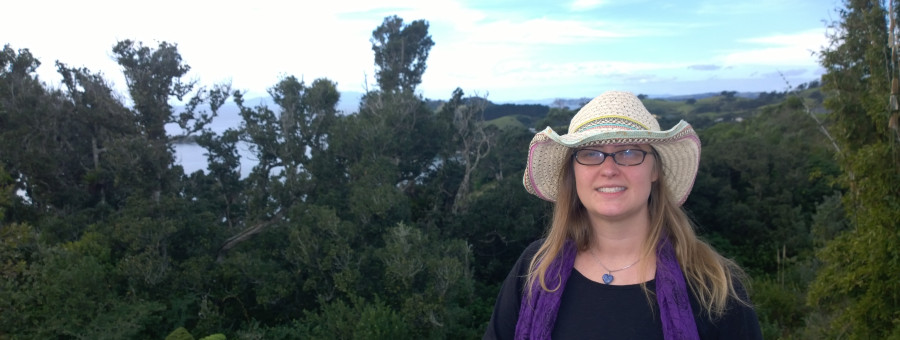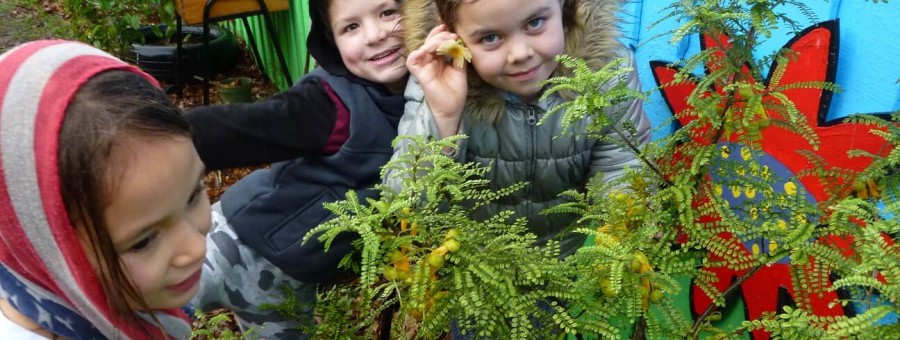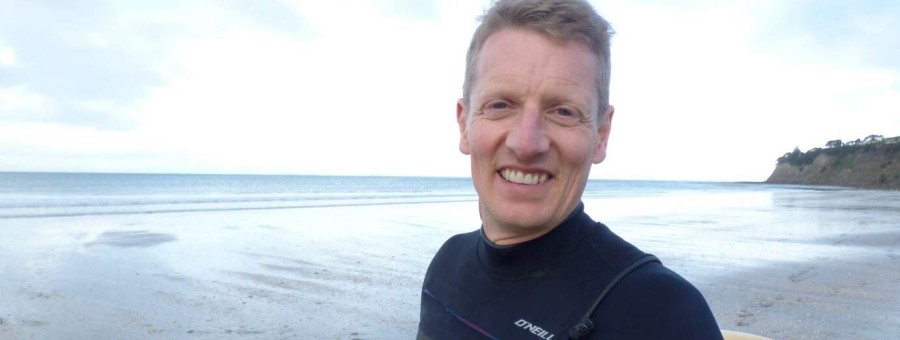As part of Mental Health Awareness Week, we are shining the spotlight on mental health service providers in Aotearoa that are doing things differently, with connection and voices of tāngata whaiora at the very core of their care delivery.
One remarkable example is Te Whatu Ora Lakes Mental Health and Addictions and their sector-wide model of care Te Ara Tauwhirotanga. We spoke to several people involved from the start of the co-development process, and a few others monitoring the model implementation across the Te Whatu Ora Lakes district (Rotorua and Taupō).
The process was set in motion in early 2018, when Te Whatu Ora Lakes team recognised the existing mental health inpatient facility in Rotorua was no longer fit for purpose. However, they also knew that a new build, while necessary, would not go far enough in supporting people’s healing and recovery. A new model of care that could better serve people experiencing mental illness or addiction was even more essential. This planted the seed for what would eventually become Te Ara Tauwhirotanga – a pathway to kindness.
“A new build does nothing if you don’t embed an essentially philosophical orientation about how you deliver that care and really think about who it’s for, who it’s delivered by, and why,” says Michael O’Connell, Principal Advisor, Mental Health, Addictions & Wellbeing at Te Whatu Ora - Lakes.
A working group started an extensive co-development process through a series of hui. Over the course of five months, they listened to and collected input from over 450 people, including tāngata whaiora (‘people seeking wellness’), whānau, iwi, community stakeholders, clinical services, and others.
“We were trying to reach quite a granular level – people who were impacted by mental health and addiction issues, and who possibly used services before and found they were not very appropriate,” Michael O’Connell explains. “The local iwi (Te Arawa and Ngāti Tūwharetoa) played an integral part during this time, and getting their buy-in was crucial,” says Wi Te Tau Huata, Family/Whānau Advisor - Lakes Mental Health and Addictions Services.
Through the co-development process, a clear theme emerged – the new model should be centred on connectedness, kindness, and the value of human relationships. Services needed to enable tāngata whaiora and their whānau to be partners in their recovery.
A system designed to act with kindness
The main themes that bubbled up from the collected data became the three pou (pillars) underpinning the new model: tāngata (people), taiao (environment) and tikanga (values). These are further reinforced by ten key principles guiding the model implementation.
Tāngata is a recognition that nothing ever happens without people, and we need each other to thrive. The key people behind Te Ara Tauwhirotanga are unanimous in their belief: the way staff connect with tāngata whaiora has a tremendous impact on the person’s healing journey.
Reconnecting with ourselves and where we’ve come from is just as important. “The historic trauma that Māori have been subjected to has distanced some of our whānau from their identity, and it can be hard to come back from that,” Wi Te Tau Huata explains. Jordy Bealing, Consumer Advisor - Lakes Mental Health and Addictions Services, can relate to that: “On a personal note, connecting with my Māori identity and walking on my marae at the age of 25 was a massive turning point in my healing journey.”
The role of taiao or environment on people’s pathway to wellness cannot be overstated. During the consultations, the community was vocal about the need for service providers with a strong local presence, as well as a range of alternative support options, such as rongoā, mindfulness, peer support and mātauranga Māori. “We’ve taken that on board and are trying to introduce a peer support workforce, one that deeply understands the needs and experiences of people and walks alongside them,” Jordy Bealing tells us. She adds that healthcare service providers play a significant part in creating a warm and supportive setting, one that also enhances people’s willingness to talk about what they’re going through.
Tikanga is at the heart and soul of care delivery, infusing warmth, humanity and Te Ao Māori into services that might otherwise feel cold or too institutional. “Here in Te Arawa, we have a high population of Māori. What some of the families experienced in the mental health system in the past went against who they were as Māori. They really wanted a Te Ao view going forward,” Wi Te Tau Huata recalls.
Reflecting the Lakes and its people
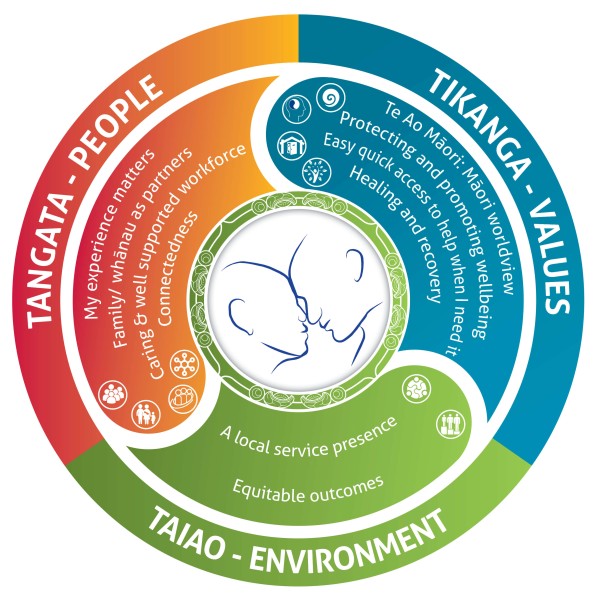
The team took extra care to ensure the character of the region and its people is represented in the logo and symbolism of Te Ara Tauwhirotanga. The colours reflect the Lakes region – green for the maunga and forests, red for the geothermal nature of the area, and blue for the lakes and sky. The hongi design in the centre speaks to people being at the heart of everything, explains Rebecca Ripia, Project Manager for Te Ara Tauwhirotanga.
“Our community needed to see themselves in the model of care. When it was crafted, we sent the draft with the refined themes back to the stakeholder groups. We asked them if this reflected what they were saying, and the answer was a resounding yes,” says Michael O’Connell.
Evolving practices and attitudes
Since its roll-out, a number of new projects have come out of Te Ara Tauwhirotanga, including the eMental Health Collective service. Feedback from tāngata whaiora, whānau, and the wider community has been nothing but positive. Just as importantly, the attitudes of staff working across different mental health services in the region have shifted. Tepora Apirana, Lifewise Regional Manager - Bay of Plenty, noticed it has helped move their focus from contracts, timeframes and diagnosis to a more holistic approach to supporting people on their healing journey. “Te Ara Tauwhirotanga is part of our contracts, competency framework, and induction process with all new team members. It’s also helping us stay accountable because our people see the model and know what’s expected of our staff,” she says. Previously, restrictions around contracts and the tendency for services to work ‘in silos’ have impacted the delivery of care, but Te Ara Tauwhirotanga helped free up providers from too much constraint. “Well-connected services are what’s supporting our people. If we’re not the right service for this person, let’s find one that is,” Jordy Bealing points out.
By reconnecting, we can heal
Tepora Apirana explains why there is no holistic health without connection. “In Te Reo Māori, the word for connection is hononga. When we connect, we not only have a responsibility to our iwi, but the privilege to be a part of a long, beautiful history. There’s a sense of pride and purpose. It’s about what’s best for us as a collective, and when you’re a part of an amazing indigenous culture like ours, healing becomes a lot easier for our people.”
“If Te Ara Tauwhirotanga can be a tool for people to reconnect with what’s meaningful to them or their identity, then we know it’s working,” concludes Rebecca Ripia, summarising the kōrero of Te Whatu Ora Lakes Mental Health and Addictions team. We tautoko the incredible individuals who brought this taonga to life in Te Whatu Ora Lakes district, with the hope it will soon become a blueprint and source of inspiration for other mental health service providers across the motu.

